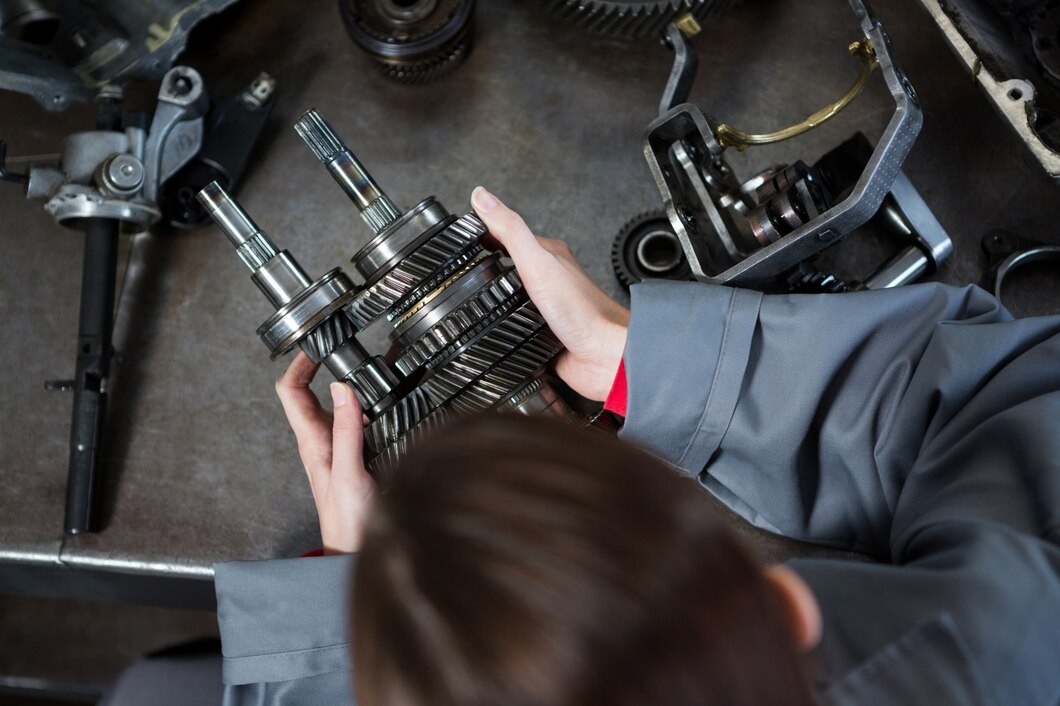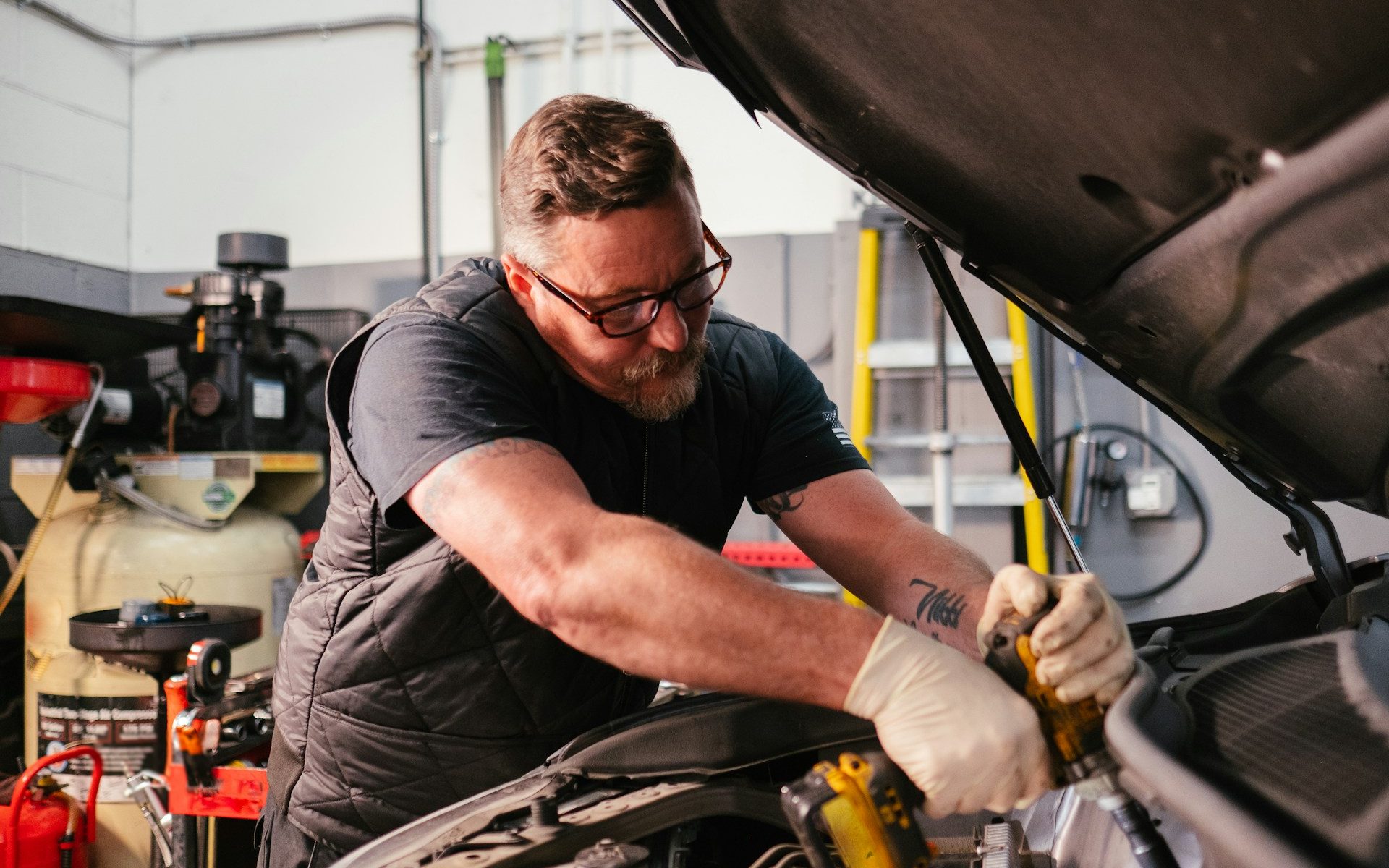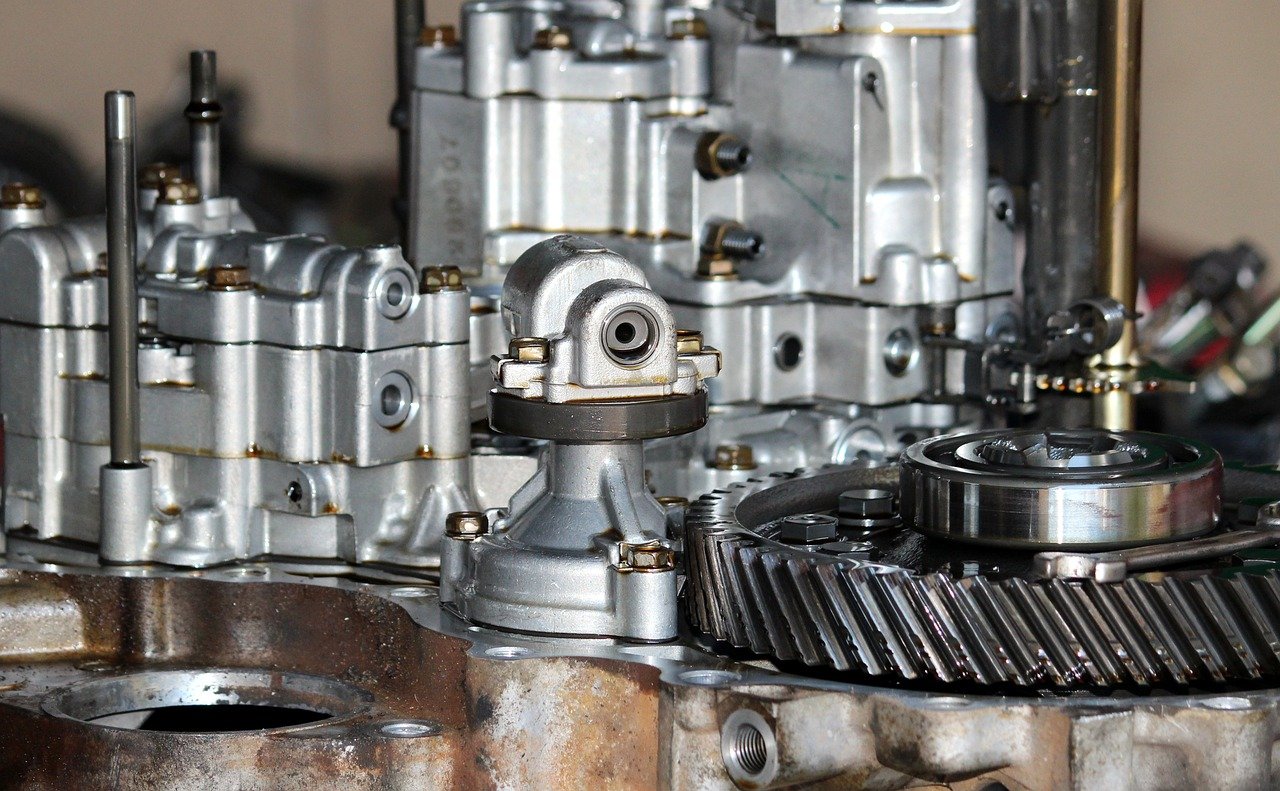Troubled by unexpected car problems? One particularly annoying issue is transmission trouble. Transmissions are vital to the operation of your car, transferring the power from your engine to your wheels. Without a properly functioning transmission, your car can seem challenging to handle, increasing the risk of more significant and costly repairs. Detecting and addressing transmission problems early can save you from unnecessary stress down the road.
Common transmission issues can manifest in different ways. You might notice your car struggling to change gears, making strange noises, or even emitting unusual smells. Each symptom can point to a distinct problem, and understanding these indicators can help you seek help immediately. Overlooking these signs could lead to significant damage to your vehicle, turning a manageable repair into an expensive ordeal.
Understanding Transmission Slippage
Have you ever felt your car suddenly change gears without prompting? This phenomenon, known as transmission slippage, can be alarming and is typically an early sign of trouble. Transmission slippage occurs when there’s insufficient friction to properly engage gears, causing the car’s engine to rev higher with no increase in speed. It can happen for several reasons, such as worn-out transmission bands, clutch problems, or low transmission fluid levels.
Recognizing transmission slippage early on is crucial for anyone wanting to avoid major repair costs. Here are some common causes and signs:
– Low Transmission Fluid: This affects hydraulic pressure, crucial for gear shifting. Regularly checking and restoring fluid levels can prevent this easily overlooked issue.
– Worn Out Transmission Bands: These bands connect the gears in your car. Over time, they can wear out, leading to slipping.
– Faulty Clutch: In some transmissions, the clutch may not grip strongly enough, causing slippage.
To catch these issues early, pay attention to:
– Unexplained high engine revving
– Delayed gear engagement
– Noticeable shifts in power during driving
If you notice any of these signs, it’s wise to consult a professional who can diagnose and fix the problem before it escalates into something more severe. Seeking professional assistance can ensure that the problem is addressed comprehensively and save you from dealing with larger expenses in the future.
Identifying Gear Shifting Issues
Experiencing jerky movements or hearing clunky noises during gear changes? These could be signs of problematic gear shifting, which might hint at deeper transmission troubles. Gear shifting issues can lead to a rough driving experience and may put additional strain on your vehicle’s engine and transmission.
Common causes of these issues include:
– Low Transmission Fluid: Without enough fluid, the gears might not engage smoothly.
– Worn-Out Gears: With time and use, gears can become degraded, leading to rough shifts.
– Faulty Clutch: In manual transmissions, a faulty clutch can cause gear problems.
Recognizing these signs can be straightforward. If you feel resistance when you change gears, hear grinding sounds, or notice that the car jumps between gears on its own, it might be time to seek professional help. Expert technicians can pinpoint the cause and recommend the best solutions, ensuring your vehicle returns to smooth operation and prolonging its lifespan.
Addressing Transmission Fluid Leaks
Spotting a reddish fluid under your car can be alarming. It often indicates a transmission fluid leak. This fluid is crucial in keeping your transmission lubricated and functioning smoothly, and losing it can result in serious damage over time.
Here’s how you can spot a fluid leak:
– Puddles Under Your Vehicle: Check for fluid accumulation under your parked car.
– Low Transmission Fluid Levels: Regularly inspect fluid levels and look for sudden drops.
– Burning Smell or Unusual Noise: This could also signal fluid is leaking onto hot engine parts.
The reasons behind such leaks range from cracked seals and gaskets to damaged transmission pans. Fixing leaks swiftly can prevent more significant transmission failures and costly repairs. Routine maintenance checks are your best defense against leaks, helping to catch minor issues before they evolve into major headaches.
Recognizing Transmission Overheating
Transmission overheating is a common issue, especially in the hot climate of Houston. Overheating can quickly lead to systemic transmission failure if not addressed. Typical causes include fluid leaks, blockages in coolant lines, or heavy towing loads.
Symptoms of overheating include:
– Unusual Burning Smell: A strong, burnt odor might mean the transmission is running too hot.
– Warning Lights on Dashboard: Pay close attention to any illuminated transmission warning indicators.
To prevent transmission overheating, ensure your vehicle’s cooling systems are in top shape, and be cautious about overloading your vehicle. Professional evaluations can diagnose underlying issues and recommend the best actions to keep your transmission cool and efficient.
Keep Your Transmission Running Strong
Transmission issues might seem daunting, but recognizing and understanding their signs early can save you time and money. From slipping transmissions to overheating, staying vigilant about changes in your car’s behavior is essential. When you spot any warning signs, it’s a good move to consult with professionals who can offer accurate diagnostics and effective solutions.
This holistic approach keeps your vehicle running smoothly and efficiently, minimizing downtime and unexpected costs. Act promptly when you suspect transmission troubles to ensure your car continues to serve you reliably for years to come.
If you’re dealing with transmission issues and need reliable solutions, including sourcing quality replacement parts, consider exploring options for used transmissions in Houston. With Airline Auto Parts, ensure your vehicle receives parts that meet industry standards, helping you maintain a smooth and efficient ride. Whether it’s addressing slippage, gear shifting issues, or fluid leaks, finding the right components can be a game-changer for your vehicle’s performance.

















